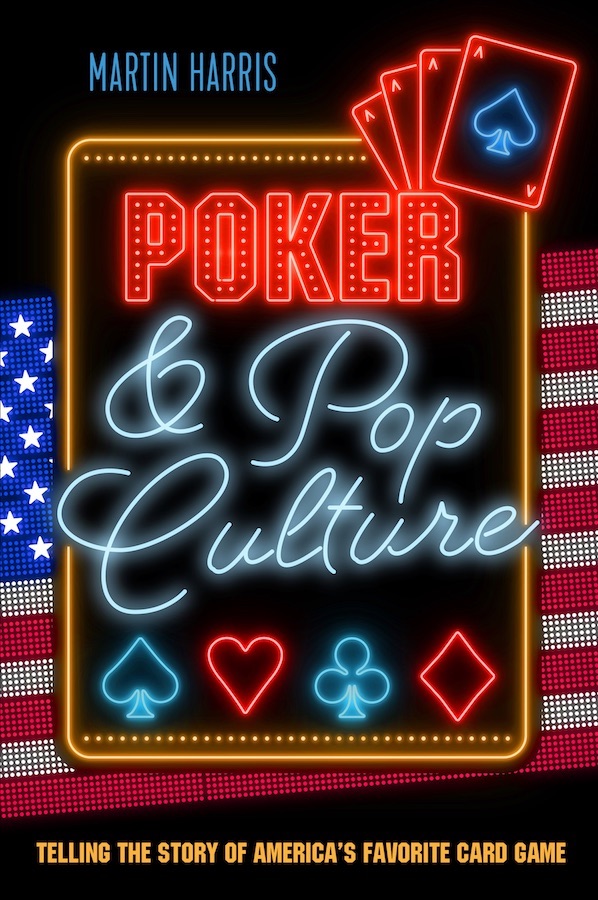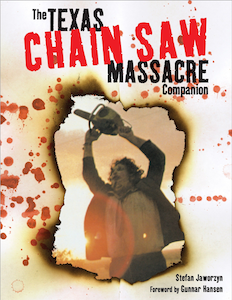Bartering in Barcelona
The deal came at a time when the U.S. player Sam Phillips enjoyed a huge chip lead over the two Germans, Andre Lettau and Hossein Ensan. Ensan won the Seniors Event, incidentally, so it has been a great week for him.
At the time of the deal, Phillips had close to 30 million chips, I believe, while the other two were down around 7 million or just under. They weren’t able to come to terms during the first round of talks, but paused the tourney again and eventually made the deal happen, with Phillips locking up €1,021,275, Lettau €704,058, and Ensan €652,667, with €90,000 left on the table for which to play.
As I write, Ensan just busted in third and Phillips nearly eliminated on the first hand of heads-up, but the latter scored a double-up and the final two battle onward.
Deals at the EPT are all made out in the open -- unlike at the WSOP where the rules nominally forbid deal-making, thus forcing players to make the deals privately. As such, media generally can’t report on deals made at the WSOP, since they aren’t necessarily privy to their details nor assured of their veracity. Nor are deals at the WSOP reflected in results chronicled by the Hendon Mob and other sites.
It’s better for the players to have tourney organizers help oversee such negotiations and guarantee the adjusted payouts are correctly applied. What happens at the EPT is very much like what you see play out on the PokerStars client when an online tournament such as the Sunday Million is paused at the final table for players to discuss a chop. A moderator arrives in the chat box, often providing both “chip chop” and “ICM”-based figures (while setting some money aside for which to play), discussions ensue, and if a deal is made the payouts are automatically adjusted.
Watching the deal-making play out today, I couldn’t help but think back to last year’s EPT Barcelona Main Event when I was there to help cover the tournament for the PokerStars blog. At four-handed there was an especially lengthy discussion (around 45 minutes, I think) that ultimately did not result in a deal being made. I wrote a little about that here at the time, and Rick Dacey wrote a good, informative feature about the process on the PS blog that day as well. (A deal was eventually struck at heads-up between eventual winner Tom Middleton and Kimmo Kurko.)
This time the tournament director made it clear that the EPT has revised its policies regarding deal-making, limiting the time they can spend and also how much advice players can solicit from friends on the rail. I think I heard players being instructed they could only talk to a single friend and only briefly, a proscription clearly designed to prevent the extended negotiations-within-negotiations that happened last year when Middleton was not only bartering with his opponents but working out a deal with others buying pieces as well.
“This is always fascinating, I think,” said Jake Cody who was helping with the commentary at the time of the deal. To me it’s also all quite interesting to follow, the analogies between poker strategy and the kinds of strategy employed during deal-making making even more intriguing when the entire process is able to be witnessed in all of its detail.
I wonder, though, like I did last year, how it plays to the wider audience, many of whom -- including the most devoted poker players/fans -- find deal-making especially tedious to watch. Joe Stapleton shared on the commentary that according to the tweets the audiences seemed divided evenly between those who enjoyed watching it and those who found it a bore.
Understandable. Hard enough to believe some enjoy watching people playing cards, but watching people not play cards? How could that be interesting?
Labels: *high society, deal-making, EPT Barcelona















0 Comments:
Post a Comment
<< Home